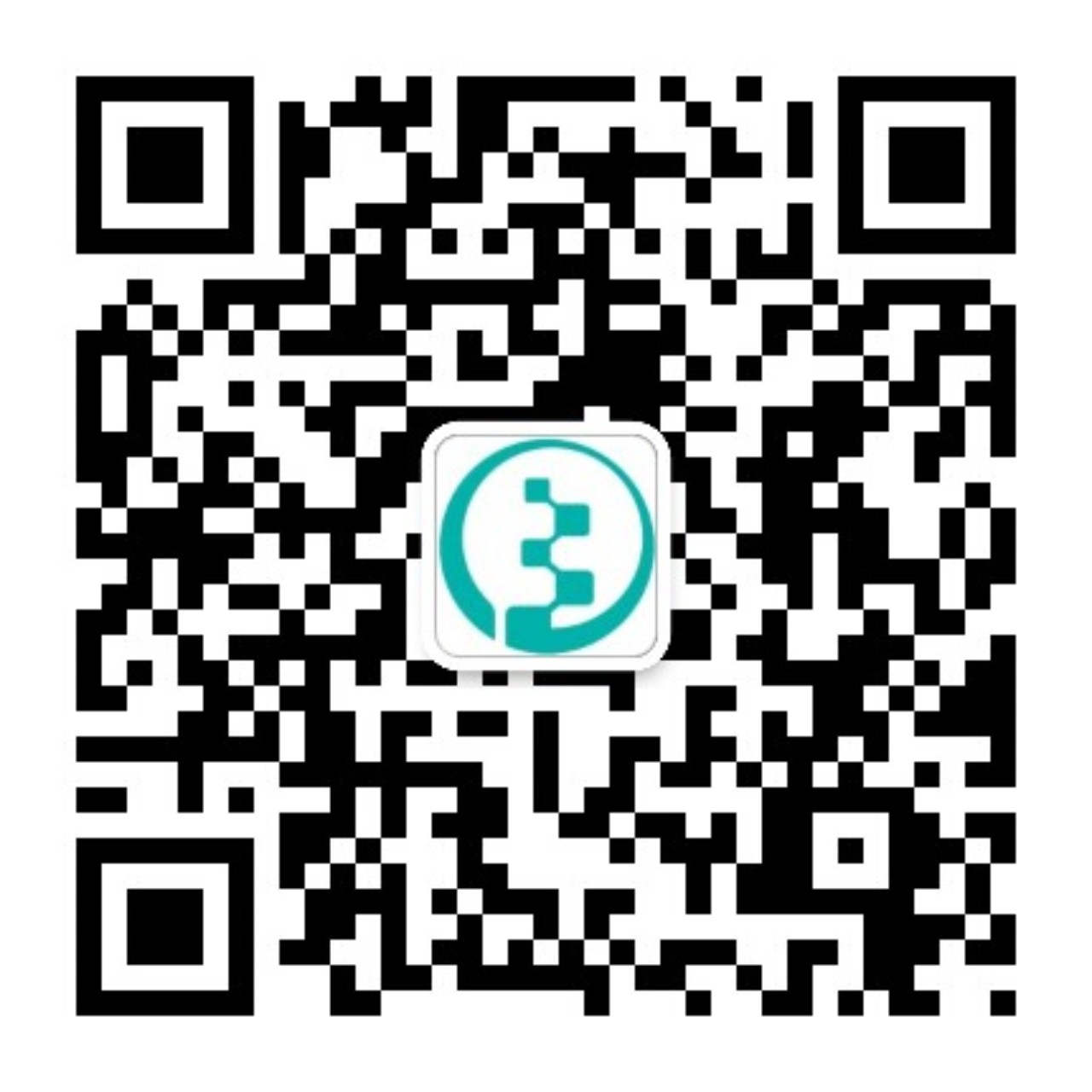YH001 is a promising recombinant humanized CTLA-4 IgG1 monoclonal antibody that has shown preliminary anti-tumor activity and a good safety profile in combination with PD-1 monoclonal antibodies.
Clinical Progress
- YH001 - Collaboration with Syncromune
In 2022, we entered into a licensing agreement with Syncromune. Syncromune obtained the rights to an intratumoral immunotherapy comprising YH002 and other active ingredients. Subsequently, both parties agreed to include YH001 and YH003 as selected active components within the collaboration scope. Currently, Syncromune has initiated clinical trials of the SyncrovaxTM therapy in Mexico and has obtained promising preliminary clinical data demonstrating anti-tumor activity.
On June 28, 2024, Syncromune was granted Fast Track designation by the U.S. FDA for the SYNC-T SV-102 therapy, which is its lead candidate for treating patients with metastatic castration-resistant prostate cancer (mCRPC). As of March 9, 2024, interim data from the Phase I study of SV-102 in mCRPC patients showed an objective response rate (ORR) of 85% among the 13 evaluated out of 15 enrolled patients, with good safety and tolerability and no occurrence of Grade 3 or 4 autoimmune adverse events. Among these patients, 5 achieved complete response (CR), 6 achieved partial response (PR), and 2 had stable disease (SD). Notably, 7 out of the 13 evaluated patients (53.8%) experienced complete resolution of bone metastases.
The composition of SYNC-T SV-102 includes the CTLA-4 monoclonal antibody (YH001) and CD40 agonistic monoclonal antibody (YH003), all of which were licensed from Biocytogen's subsidiary, Eucure Biopharma.
- YH001 - Collaboration with TRACON (Terminated)
We have reached an agreement with TRACON in the United States to explore indications such as sarcoma and other indications. The Phase I/II clinical trial of YH001 in combination with envafolimab (PD-L1 mAb) and doxorubicin for the treatment of soft tissue sarcoma patients was approved by FDA in August 2022, and dosed the first patient in November 2022. The Phase I study was terminated in December 2023, with a total enrollment of 15 patients. In patients with advanced or metastatic soft tissue sarcoma, the combination of YH001 with envafolimab or with envafolimab and doxorubicin was well tolerated at doses below 4.0 mg/kg. Among the 11 evaluated patients, 3 achieved partial response (PR), while 5 patients experienced stable disease (SD).
YH001, in combination with the anti-PD-1 mAb Tuoyi (Toripalimab) from Junshi Biosciences, exhibited promising safety and efficacy in a Phase I clinical trial conducted in Australia. The trial involved dose escalation ranging from 0.05 mg/kg to 6.0 mg/kg. From the data collection cut-off date of December 31, 2022, among 26 evaluable patients out of 29 enrolled patients, 5 showed partial response (PR) while 11 had stable disease (SD). The study achieved its primary endpoint, and the maximum tolerated dose (MTD) of YH001 in combination therapy was determined to be 4.0 mg/kg.
Trial #:YH001002
NCT #:NCT04357756
CTLA-4 Target
Cytotoxic T-lymphocyte-associated protein 4 (CTLA-4), also known as CD152, plays a crucial regulatory role in T cell activation. CTLA-4 is expressed on the surface of regulatory T cells (Tregs), and it competitively inhibits the binding of B7 to CD28 on the surface of effector T cells when bound to B7-1 (CD80) and B7-2 (CD86) on the surface of antigen-presenting cells (APCs). Consequently, T cell activation is inhibited. Inhibitory antibodies that target CTLA-4 can block this mechanism and enhance T cell activity, thus improving the patient's immune response to tumors.
Blocking the inhibitory signal of the human anti-tumor response is currently considered the most promising tumor immunotherapy. CTLA-4 and PD-1 are critical checkpoints of the immune system and are thus key targets of tumor immunotherapy. By blocking them, different types of T cells can be affected, leading to the initiation of anti-tumor immune attack.Currently, the marketed antibody drugs that target CTLA-4 include the CTLA-4 mAb ipilimumab (Yervoy) from BMS and the PD-1/CTLA-4 bispecific antibody cadonilimab (trade name: Kaitanni; AK104) from Akeso.
News
- November 22, 2022 | First Patient Dosed in Phase 1/2 Trial Evaluating YH001 in Combination with Envafolimab and Doxorubicin in Front Line Sarcoma Patients
- August 29, 2022 | US FDA Approval of IND for CTLA-4 Antibody YH001 for the Treatment of Front-line Sarcoma Patients in Combination with Envafolimab
- November 9, 2021 | Biocytogen/Eucure Biopharma's YH001 (Anti-CTLA-4 Monoclonal Antibody) Approved for Phase II Multi-Regional Clinical Trial by China National Medical Products Administration
- October 11, 2021 | Eucure Biopharma, a Subsidiary of Biocytogen, and TRACON Pharmaceuticals Announce Partnership for Development of Clinical Stage CTLA-4 Antibody YH001
Poster Downloads











